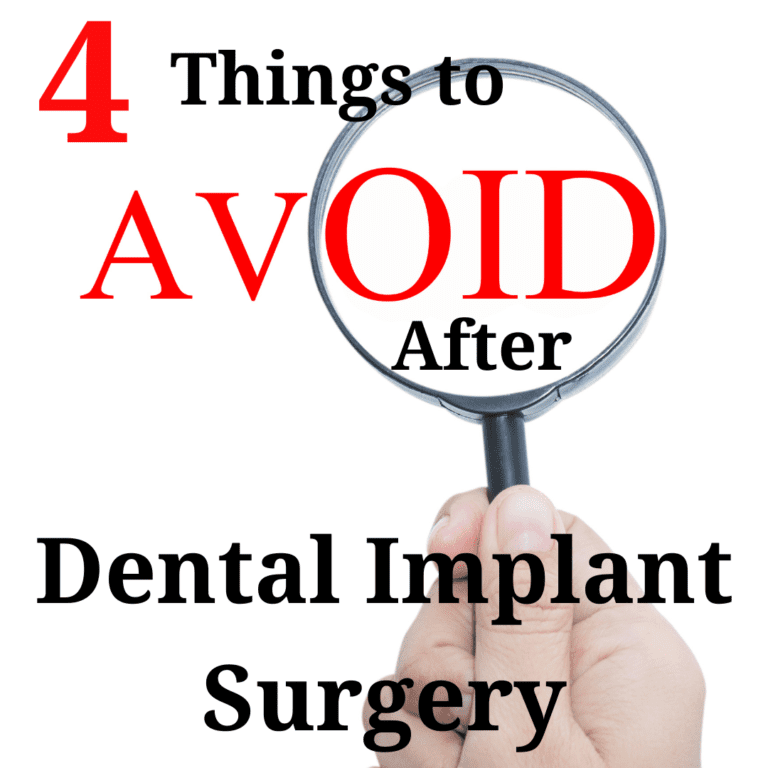Dental implants are exceptionally strong and make excellent replacements for missing teeth. Made from small, titanium posts, dental implants are placed into the jawbone to act as artificial tooth roots. As they heal, they fuse with the surrounding bone in a process called osseointegration. This process is what gives dental implants their strength and allows them to support different types of dental prosthetics.
The type of dental prosthetic used in coordination with a dental implant will depend upon the number of missing teeth, as well as the overall treatment goals. Dental implants can support dental crowns, bridges, or dentures. Additionally, dental implants can also be used for full mouth rehabilitations, which are accomplished by using all-on-four implants. All-on-four implants use four dental implants strategically placed to support an entire arch of fake teeth.
Although treatments like all-on-four implants may give you teeth in a day, dental implants will need some time to heal after they are placed. In fact, dental implants are not that strong until they have begun to fuse with the surrounding bone. Therefore, after implant surgery there are a few things you will want to avoid to ensure that your implants heal successfully. These include:
Mouthwash

For about a month after dental implant surgery you will want to avoid using mouthwash. In the days immediately following surgery, you will also want to avoid spitting or swishing vigorously because this can irritate the surgical site. Instead of using mouthwash, your implant dentist may recommend a prescription mouthwash or they may have you rinse with saltwater. Saltwater rinses are made by using 1 part salt to 3 parts water. Rinsing your mouth with saltwater will keep your mouth clean and will soothe any irritation in the mouth.
Electric Toothbrushes & Waterflossers
While electric toothbrushes and waterflossers are generally recommended for daily oral hygiene, you will need to avoid using them for a few days following your implant surgery. This is because it is important to gently brush for the first few days to prevent damaging the surgical site. It is easier to control the pressure and speed of a traditional toothbrush than it is for an electric toothbrush. Once your mouth has begun to heal, your dentist will advise you on when to start using these tools again.
Certain Foods
To ensure that your dental implant will heal properly, your dentist will put you on a temporary soft foods diet. This naturally means that you will need to avoid any foods that are hard, chewy, sticky, or that can fragment into sharp pieces. In the days following your procedure, you should also avoid acidic or spicy foods that can irritate your surgical site, as well as warm or hot foods since this can cause excess bleeding. As your mouth begins to heal, your dentist will gradually allow you to eat slightly harder foods.
Tobacco/Alcohol/Caffeine

Unfortunately, these three substances have been found to have a negative effect on the healing process and it is strongly encouraged that you avoid them for the best treatment outcomes. If you smoke, it is recommended to not smoke for the first two months after surgery because nicotine constricts blood vessels and can cause the implant to fail. You should also abstain from alcohol for a minimum of 72 hours after surgery because alcohol slows down blood vessel formation, and consequently, osseointegration. Caffeine should also be avoided in the first three weeks after surgery because it is known to cause bleeding and slow healing.



